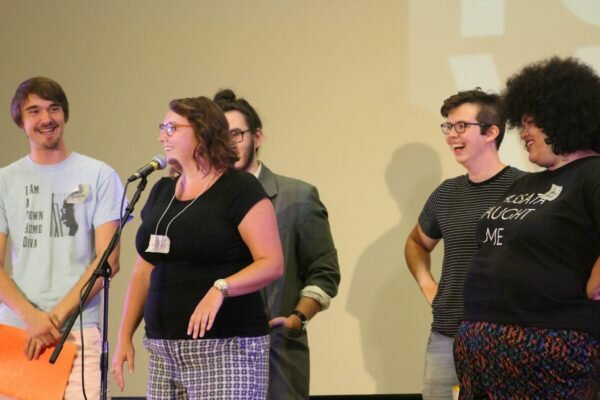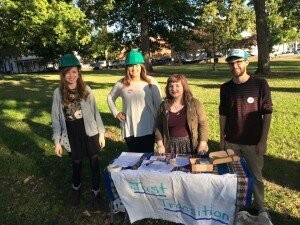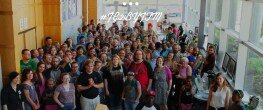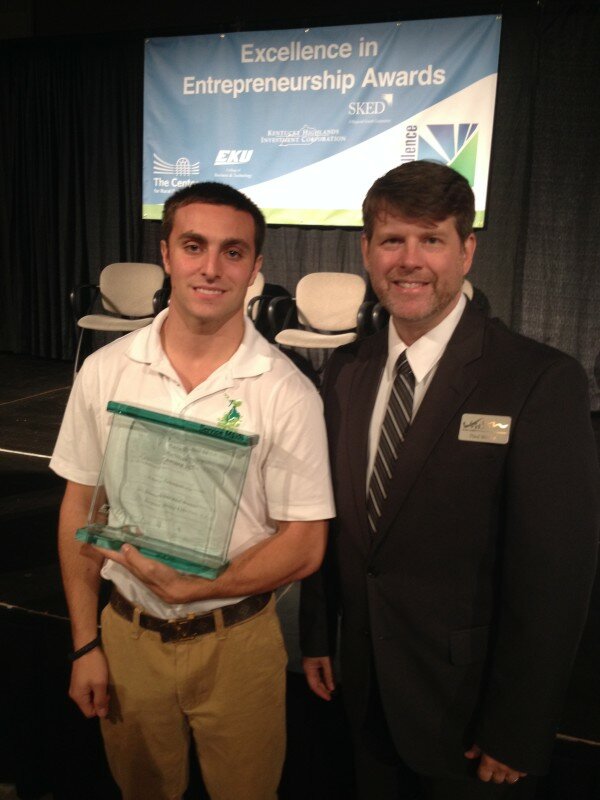
Search the hashtag for Appalachian Love Story on any social media site, and you’ll find images of fracking protest signs, mountain vistas, heavy metal shows, videos of Loretta Lynn singing about being a Blue Kentucky Girl, and pancakes in the shape of Kentucky. This is the result of The STAY Project’s (Stay Together Appalachian Youth) call to action for Appalachian youth: Show us your complicated relationship with your home. Tell us why you love it in spite of itself, but mostly because of itself. Now, this call to action has developed into a radio series produced by WMMT-FM out of Whitesburg, Ky. The first episode in the series is all about Carmen Davis, a STAY Project steering committee member and southeast Virginia native. She speaks about experiences growing up in southwest Virginia, the sense of community she feels through her work, and why she has decided to stay in southwest Virginia: I love the people. I love small-town life, and I love all the tight-knit communities, and all the passion for the area. There’s so much history and culture, and there’s also so much work that needs to be done, and it’s really important for to me to stay and make sure – especially because we have so many youth who feel like they have to leave. It’s important for us to stay and build communities and prove that there’s reasons to be here. Listen to Davis’ full Appalachian Love Story...








